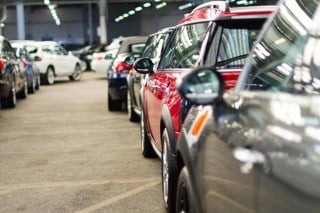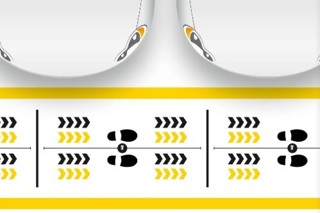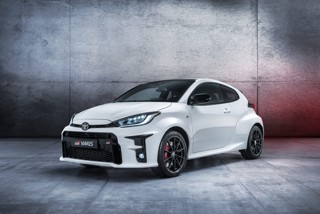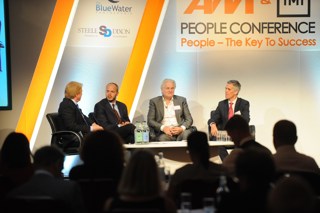Collis takes pride in the group’s low annual staff turnover (15%): “Those who don’t stay with us go because they do not adopt to our way of looking after customers”.
He is confident about significant scope for Jemca’s development: “We might expand the territory of the business outwards within the M25 – perhaps into the Thames Valley or Home Counties,” he said.
“We would not though attempt to replicate what we have in and around London in, say, Greater Manchester.”
Collis said Jemca has the third biggest UK Toyota/Lexus retail turnover behind RRG (owned by Marubeni of Japan) and Inchcape (a global automotive group).
Jemca’s Edgware Road site sells around 1,100 Toyota cars for businesses annually – the immediate target is 1,300 and, eventually, 2,000.
Group turnover in the 12 months to March 2011 was £125m – it is forecast to rise to £141m in the year ending this month.
Collis is less pleased that Toyota GB CSI scores for its franchised network place Jemca at around mid-point.
“We are working hard at improving this,” he said.
“We have a call centre with a staff of 15 who call every customer who has bought something from Jemca or paid for service.
“If someone is unhappy about anything, this is referred to a general manager. Our staff also know that we monitor some of their conversations with customers.”
He said Toyota GB has been highly supportive of Jemca: “Our relationship with Toyota is as one of family, but we enjoy no privileges denied to the UK franchised network.”
Why jemca looks for banana skins
With a coffee in his hand general manager Allan Thacker does an early morning tour of Jemca Toyota Enfield to see if anyone has slipped up when throwing away a banana skin or other rubbish.
He admits some in his team at first thought this odd, but says they now understand why it is important.
The dealership is working confidently towards ISO 14001 – the rest of the Jemca group has this recognition of commitment to overall ‘green efficiency”.
This is an internationally accepted standard that sets out a framework for an effective environmental management system.
The standard is designed to balance maintaining profitability and reducing environmental impact.
Jemca Toyota Enfield is already lauded as the manufacturer’s ‘most efficient’ UK dealership and a good example is the showroom lighting.
Automatically adjusting the level of brightness saves money for Jemca and helps to protect the environment.
“We waste nothing, recycle everything we can and dispose of everything else properly,” said Thacker.
“That saves money and the process produces a sense of pride among employees.”
Thacker said the dealership also has an excellent rating from BREEAM (Building Research Establishment environmental assessment method), a voluntary measurement established in the UK to rate buildings’ green credentials.
“We have separate recycling containers for everything from oily rags to old batteries and plastic bits, and pay a company to take it away and dispose of everything efficiently,” said Thacker.
“There’s also a place for banana skins and similar rubbish.
"The objective is to throw as little rubbish into the ground as possible and recycle everything we can.”
ISO 14001 goes further.
Accreditation involves producing objectives for improvement and a management programme to achieve them.
Regular reviews for continual improvement are required.



















GV - 30/09/2016 19:29
hi. I have to make complaint because i order my new Toyota hilux from jemca Toyota sidcup on July and paid deposit for it and get promises i will have the new toyota by end august 2016, today is 30/09/16 and my new car still not ready for my to collect. i have a conversation with the salesman today but still cannot let me know the collection date for my new car. i cannot understand how is take the money for deposit from my and now after more than 2 months still cant tell my when i will get the car, or giving me a date when i can collect the car. REGARDS.